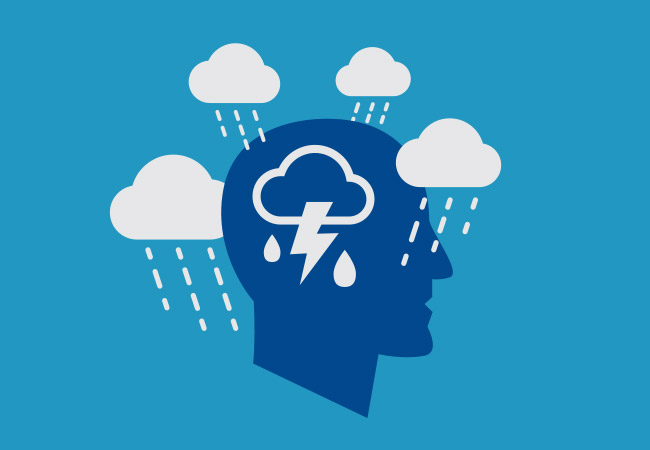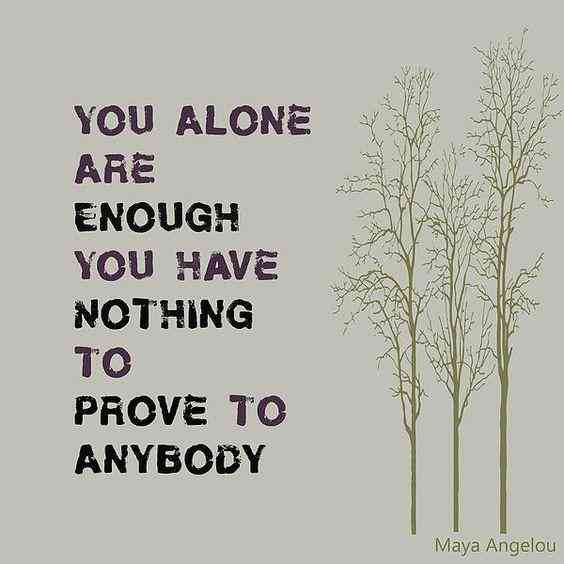
Depression affects millions of people worldwide. Acupuncture and Traditional Chinese Medicine (TCM) can help as a complementary treatment to traditional therapies for depression. Some studies say acupuncture treatments with medicine and/or counselling can be more beneficial than medication or counselling alone.
Depression in TCM
In TCM depression is stagnant energy (qi) in the body. This happens because of energy depletion which can occur as a result of excess phlegm or damp in the system impacting on organ energies. Low energy can lead to blockages making you more vulnerable to negative feelings and lack of confidence.
Other symptoms of depression include:
Depression is also linked with anxiety as anxiety and overthinking can use up your energy leading to depletion. We talk more about anxiety and TCM in this blog post.
Benefits of TCM
More research is still needed to discover acupuncture’s ability to treat depression. But there are clinical studies showing acupuncture does benefit people with depression.
A few of these benefits include:
Depression – How We Help

Our treatments combine acupuncture and herbal medicine to address symptoms of depression and get to the root cause. Although we personalise our treatments, there are key areas we look to for this mental illness.
Energy
Our main aim when treating depression using acupuncture and TCM is to improve energy. More energy means you feel physically better so that you can feel better mentally.
Some key areas we address to increase energy are:
- Improve sleep
Sleep disturbances are a major symptom of depression. But everyone experiences sleep issues differently. In TCM we take into account the type of sleep patterns you exhibit (for example, how much you sleep, when you sleep, how you sleep, etc.) and then work to reverse these.
Quality sleep reduces cortisol, helping you relax better and decreasing feelings of anxiety and worry that can be contributing to your condition. In addition, it gives you more energy to better take care of yourself.
- Boost liver function
Liver health is vital in TCM as it directs qi flow. When the liver isn’t working effectively it can result in symptoms such as sleep and digestive issues.
Improving liver function will aid in digestion and increase nutritional absorption which provides you with more energy. Moreover, it ensures higher sleep quality and clears energy blockages, making you feel better.
- Boost kidney function
Our kidneys manage our energy (qi) reserves as well as yin energy and yang energy. Poor kidney function leads to energy deficiencies and adrenal fatigue. Your adrenal glands are associated with your kidneys and they regulate your stress response and hormones. Boosting kidney function will reduce symptoms of fatigue and restore energy levels.
- General Health and Immunity
Poor physical health and immunity mean your body is splitting its energy too much. It also makes you susceptible to external pathogens which can make you sick. It is trying to fight too many fires and your mental health decreases as a result. Boosting immunity and general health enables your body to come out of fight or flight mode which helps with depression.

Depression: In Summary
In summary acupuncture and TCM offer a great range of benefits to help manage depression and its symptoms. It is not a replacement for treatments such as medications or counselling but a great addition to them.
Acupuncture and TCM can help with physical symptoms of depression, such as fatigue or pain, as well as treat the underlying imbalances at the root of the mental illness. By focusing on different aspects of the illness and using personalised treatment plans we can help depression sufferers at any point in their mental health journey.

Leave a Reply